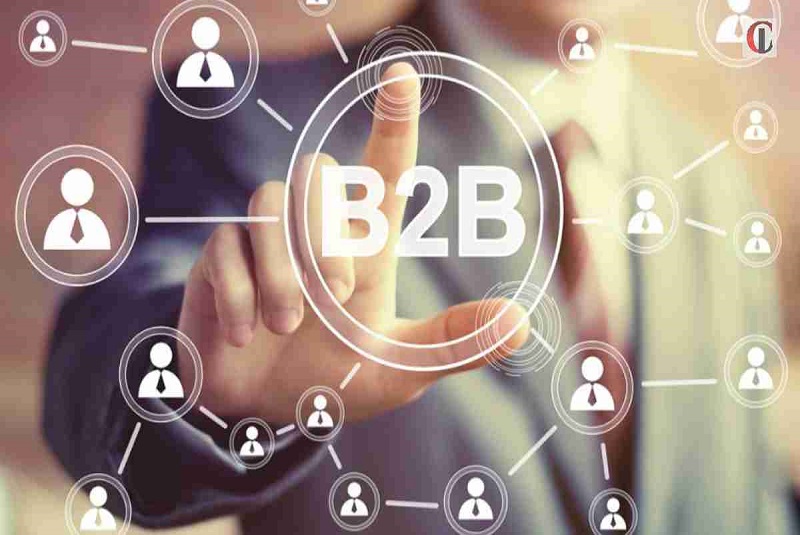Why Every B2B Business Needs a DMP
Since the end of the 90’s internet slowly started to become mainstream, and with that data became the new oil. Adding to that, digital advertising and marketing has helped to grow data exceptionally in volume and importance. For advertisers knowledge about customers’ specific is very much important in order to unlock the marketing potential. So, entered Data Management Platform aka DMP a new breed of technology that collects, manages and activates data.
As you might have already guessed from the name itself DMP is a platform that basically manages data. If said in simple terms, DMP is a data warehouse which basically houses and sorts information and eventually provides the useful information to marketers, and other businesses.
According to a latest study, most of the advertisers are planning to increase the average number of integrated data sources to 6.2 in 2019 from 5.4 in 2018. Also, around 47 percent of the advertisers who hail from North America are planning to increase the use of third party data in 2019, which is the biggest amongst all the regions. According to most of the advertisers DMP is also helping them to measure the effectiveness of digital advertising.
As brands nowadays are reliant on multiple data sources to target audiences, they are increasingly turning towards various DMPs to import data and by the end of the fiscal year more than 91 percent advertisers are planning to have or adopt a data management platform. Also, thanks to the brilliant integration of data sources by more than 27 percent of advertisers have helped to calculate the lifetime value of a customer, which helps them to be successful in the long run.
Now you might ask, “How the DMP is influencing various businesses around the globe?”
- Streamlining Data: Gone are those days, when data used to be scattered across places like emails, social media, customer loyalty channels and e-commerce platforms. Thanks to DMP one can bring all these scattered data in a single place, thus providing a better understanding of the audiences, results and the marketing environment.
- Curbing Marketing Spends: Thanks to DMP, now users have the access to multiple data vendors, which eventually help marketers decide the marketing budget and the marketing vehicles.
- Identifying Potential Clients: Most of the time DMP provides multiple new ways to have a look at segmenting the audience, which the users might not have seen or knew previously.
- Making Life Easier for Marketers: There are times when marketers add multiple campaigns and devices to their digital marketing strategy, which eventually makes life hard. Nevertheless, DMP delivers the data in a way that one can minimize mistakes and keeps duplication of information at bay, which eventually makes life easier for marketers.
Thanks to the ever diminishing lines between B2C and B2B technologies, Data Management Platforms are becoming more and more popular in the B2B world. At first, marketing automation witnessed and realized that B2B marketers can also personalize communications as per their needs.
However, the progress of DMP is relatively slow in the B2B market, because unlike the B2C there are multiple decision makers who need to be touched.
At first DMP’s main agenda was to execute an ad campaign, segment audience and personalize advertisement. DMPs often help marketers to connect audience and performance data across all sources. The best part of Data Management Platform is, it helps to build marketers build audience segments where it includes data related to location, device info, past browsing history, past purchase history, demographics, household income etc. Then D-M-P can analyze how these individual segments are performing. Thanks to all those analysis, marketers can optimize campaigns in order to reach the target audience or to those who perform best. The best part is, if any B2B marketer doesn’t want to spend a lot in advertising, D-M-P can still be used in order to optimize almost all the campaigns that one prefers.
So, at the end of the day one can easily say DMPs are changing the lives of the marketers for good. Nonetheless one should always keep in mind DMPs are not entirely self-sufficient. DMPs are not only the core of customer centric digital marketing strategies, it is also a part of a much wider programmatic ecosystem.
For More Information about Blogs and News: Click Here





